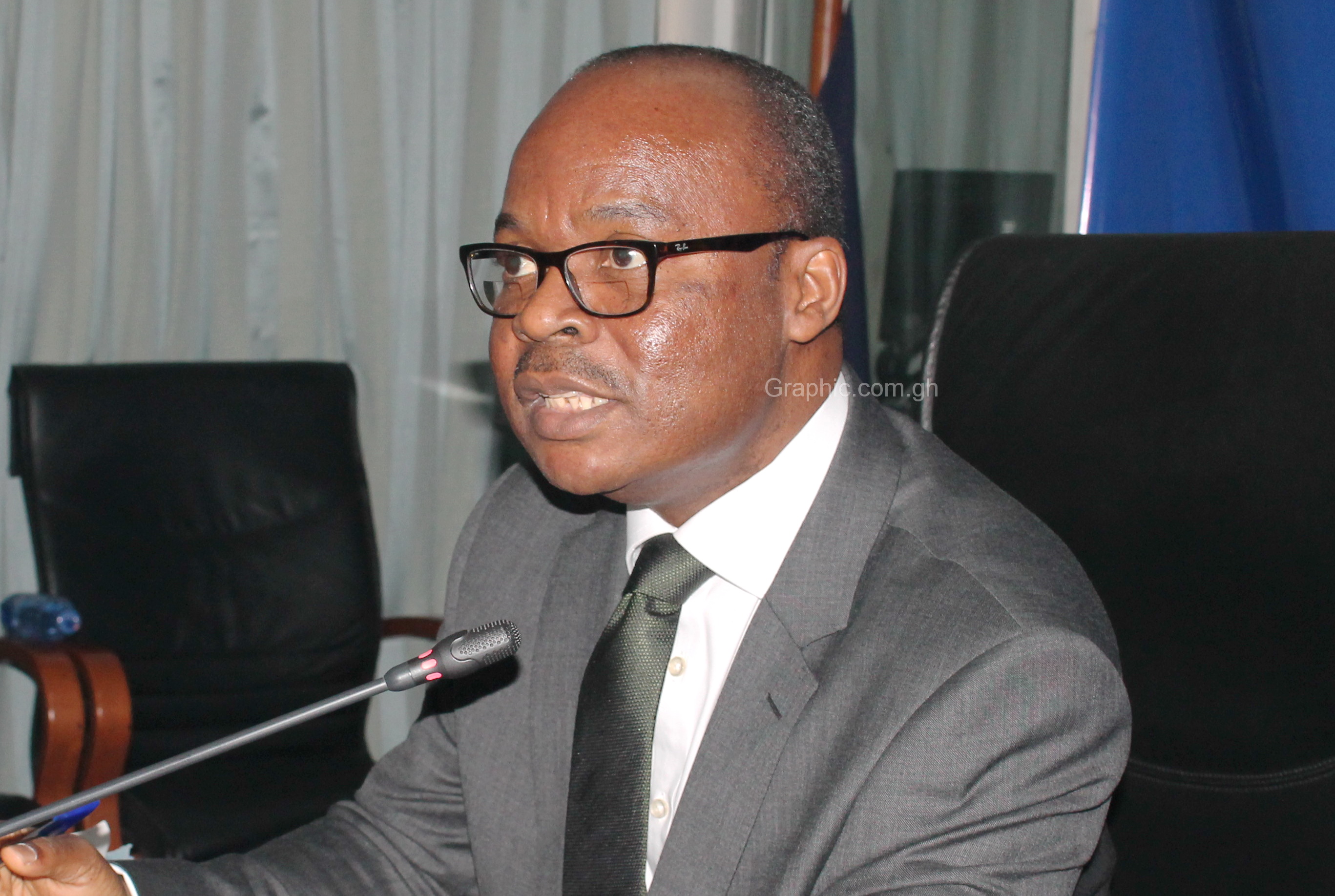The Governor of the Bank of Ghana (BoG), Dr Ernest Addison, is projecting a bright economic outlook for the country following relative improvements in some major macroeconomic indicators.
He said BoG’s Index of Economic Activity (CIEA) recorded an annual growth of 6.6 per cent in July 2018, the highest in eight months, compared to 2.1 per cent in the corresponding period of 2017.
“This was mainly supported by strong export growth, domestic VAT, industrial consumption of electricity and tourist arrivals. Overall, GDP growth is expected to remain steady and broad-based, estimated at some 6.8 per cent by end-2018,” Dr Addison said in a speech read on his behalf by his advisor, Dr Benjamin Amoah, on October 9.
It was at the 42nd annual general meeting (AGM) of the Ghana National Chamber of Commerce and Industry (GNCCI) in Accra.
Dr Addison observed that an evaluation during the last Monetary Policy Committee (MPC) meeting showed that economic activity continued to strengthen with robust export growth, higher industrial electricity consumption and higher tourist arrivals.
He indicated that the country recorded a trade surplus of US$1.4 billion at the end of August.
Headline inflation broadly declined and has ranged between 9.6 per cent and 9.9 per cent over the past five months despite the marginal upticks occasioned by adjustments in administered prices.
Cedi’s performance
According to him, the cedi’s performance against the major international currencies in the first quarter of 2018 weakened in the subsequent quarters as the currency came under pressure, mainly from emerging markets.
He stated that factors such as the US Fed rate increases due to continued monetary policy normalisation, strengthening of the US dollar,
The Governor explained that the combination of these factors had resulted in tight financing conditions, reverse capital flows and exchange rate pressures in most emerging markets and frontier economies, including Ghana.
However, he said different countries had responded differently depending on the strength of their underlying macroeconomic fundamentals.
“The impact on the exchange rate in Ghana has been somewhat moderated compared to other emerging markets and frontier economies, a testament to the gains in macroeconomic stability achieved over the past 18 months.
“While currencies in other emerging markets are still under stress, Ghana’s currency has recently regained some stability and the local currency is gradually becoming more stable,” he said.
Dr Addison stated that Ghana had recently received an upgrade by Standard and
He said the country’s banking system was becoming stronger with capital adequacy ratio reported at 19.1 per cent at the end of August, significantly above prudential requirement of 10 per cent.
Non-performing loans
Again, the Governor emphasised that non-performing loans of the industry continued to decline and the central bank expected a major reduction as banks began to implement write off policies in line with approvals received from it to address the legacy loans that had been fully provided for.
“We have also observed a return to efficiency in the industry as operating expenses across banks are beginning to reduce, which should ultimately result in declining interest rates.”
He said with the increased capitalisation of banks, declining levels of non- performing loans and better credit risk assessment in the banking system, the industry should expect the pricing of credit to reflect these trends.
According to him, interest rates and spreads that had been slow to adjust should move in line with inflation.
“These are the conditions which would lead to improved access to credit for small and medium enterprises to access financial services. They constitute the largest population where the benefits of access to credit touch directly on the fabric of the society and income security, and the ultimate good of raising living standards.
“As the BoG continues to strengthen the regulatory and supervisory frameworks to restore confidence and promote stability and integrity of the banking sector,” he added. —GB
